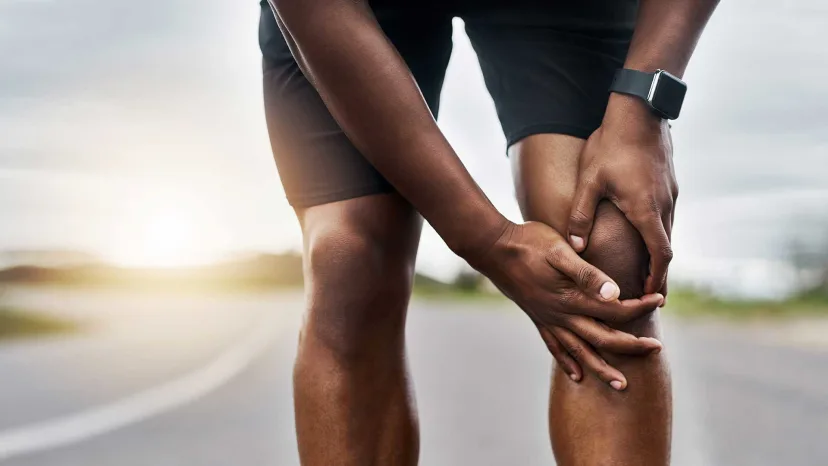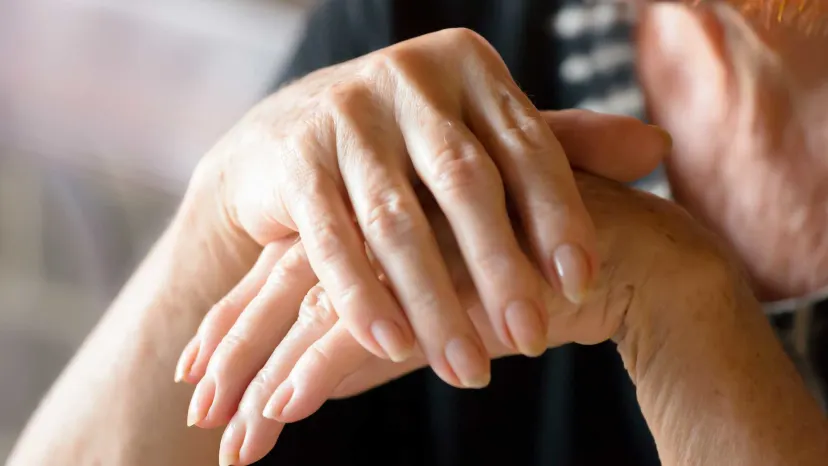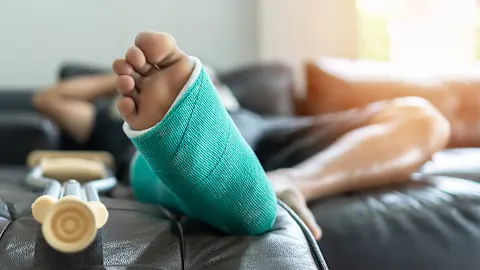Joint health and arthritis
Introduction
Your busy life keeps you on the move. It's thanks to your joints that you can walk, run, bend, flex and move your body throughout the day.
But you might not think much about joint health until something goes wrong. An ache here, a pain there, maybe a little inflammation and moving may not come as easily anymore.
It might be due to injury, illness or even arthritis—but you're not exactly sure what's wrong.
To help you understand the signs, symptoms, causes and treatments surrounding joint health, we've gathered some important info and put it in one convenient place. From arthritis, knee pain, and overall joint pain, to rheumatoid arthritis (RA), psoriatic arthritis (PsA) and more—this is your go-to hub for joint health topics.
Because many conditions can affect the joints, it's important to see your healthcare provider (HCP) to discuss your symptoms, lifestyle and treatment options so you can get the joint pain relief you need.
Explore these topics, then discuss them with your HCP. By working together, you can find the answers you need to stay active and on the move.
Arthritis
If you're experiencing sore, painful, or inflamed joints, you may be worried you have arthritis. Find information on the symptoms of arthritis and get details on available treatments. You'll also find out whether certain lifestyle changes may help ease symptoms, such as incorporating certain foods into your diet or managing stress. Together, you and your HCP can help you find relief.
Knee pain

Knee pain can have many causes and it can affect the way you live on a daily basis. But not all knee pain is the same. Is it caused by injury, disease, or something else? Is it constant or does it come and go? Is it happening in the front, back, or throughout the knee joint? No matter how or why your knee hurts, getting the help you need is critical. Read about some common types of knee pain.
Joint pain
Is your joint pain caused by injury, disease, or another type of disorder? Based on your answer, the treatments may vary. Learn the facts about what may be behind your condition, as well as the medications, joint health supplements, physical therapy, or combination of therapies that may be used to treat it. Explore our articles for information on the types of joint pain you might experience and how your HCP can help.
Rheumatoid arthritis (RA)

Do your joints feel painful, swollen, or even hot? Learn what may be behind these symptoms, as well as rheumatoid arthritis signs you might not know about. Find out whether the right treatment can send your RA into remission, help you avoid flare-ups, and more.
Psoriatic arthritis (PsA)
If you have psoriasis, as well as a few aches and pains, could you be at risk for developing psoriatic arthritis? Read about the signs and symptoms of PsA and find information on the treatments available, including details on whether making changes to your diet and exercise habits might help you find relief.





